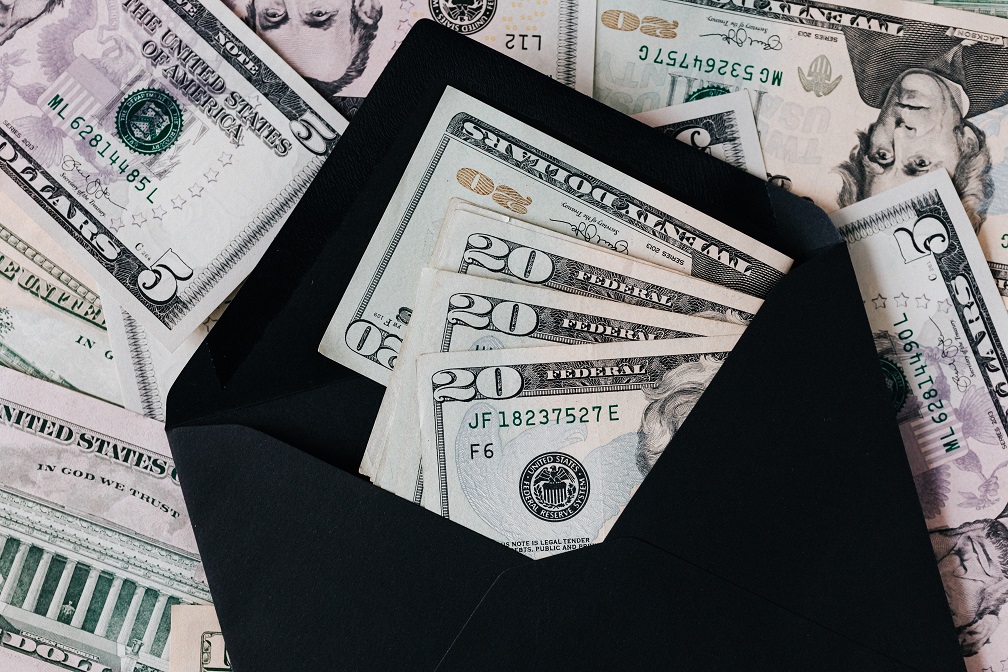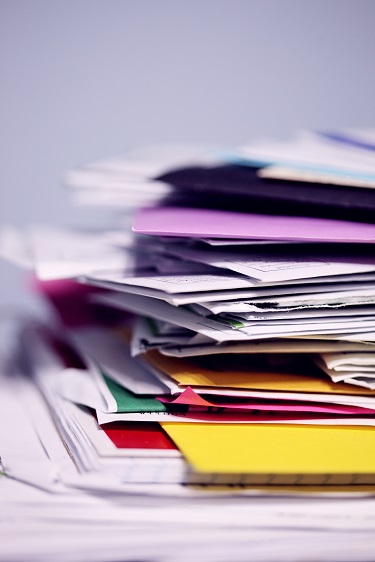How Escrow Helps Home Buyers—And When It Hurts

Through an escrow arrangement, a neutral go-between holds onto documents or collateral while a transaction is underway. Escrow providers usually charge the parties a fee to accept and hold the assets, redistribute the funds pursuant to the parties’ agreement, and ultimately close the escrow account.
When you’re buying a home, there are two main types of escrow accounts to expect:
- An escrow account for the home purchase. The escrow arrangement sees to it that everyone performs as promised in the purchase agreement, and that each side’s value is protected until the parties come through on their commitments to each other.
- An escrow account for your mortgage company. This is the common way of distributing a home buyer’s payments for homeowner’s insurance and taxes. The lender can be sure, this way, that timely payments keep your house insured, and the title clear of tax debt.
Here, we look at both kinds of escrow — the account used until you close on your home, and the account used after closing, complementing your monthly mortgage payments with insurance and tax payments.
We’ll also review the case against the second kind of escrow.
Escrow for the Home Purchase
When you’re buying a house, the real estate agent explains the way escrow will be handled under your contract. Often, the title company manages the account.
The Ordinary Course of Escrow
To start, you’ll pay into this account when depositing your good-faith sum of earnest money — usually 1 to 2% of the purchase price, but it can be more. Earnest money stays in escrow until closing day, when it goes to your closing costs, bolstering your down payment.
This placement of your funds into escrow protects both sides of the transaction. Your seller wants assurance that the transaction will happen, and a way to move to the next offer if there are undue delays. As a buyer, you want to show you’re serious about purchasing the home, but you don’t want to give up the money before allocating enough time for an appraisal, a home inspection, and perhaps a property survey. A certain number of days for due diligence may be set out in your contract with the seller, or by state law.
Escrow wraps up at closing, when seller gets paid and the title is recorded in your name. But there’s a lot more going on behind the scenes. An escrow officer examines the seller’s disclosures, accepts the money from the mortgage lender on your behalf, receives loan payoffs and the deed from your seller, arranges for title insurance, and divides (pro-rates) the parties’ property taxes to fit the closing date.
When all that is done, congrats on your buy! Unless…
Events That Hold Up the Normal Course of Escrow
The very point of having escrow is to avoid some kind of financial calamity. You might have the need, and a contractual reason, to cancel the deal, or at least to ask for solutions to certain problems. Be sure you keep your right to cancel until the seller lives up to the purchase agreement, and you’re really ready to buy.
If the seller doesn’t meet the purchase agreement’s conditions, you get a refund. But if you, the buyer, back out unreasonably, the seller may keep the earnest money.
These kinds of issues can arise, and often do!
- You run into a hitch getting your final loan approval.
- A cloud on the seller’s ownership shows up in the title search.
- There are problematic disclosures about the home’s history (such as unresolved liens or unpermitted renovations), or planned development around the property.
- The appraised value is too low, or the inspection discloses some very costly repair needs.
- For some other reason, the home is not insurable.
Once all conditions are resolved to the satisfaction of the seller, buyer, title insurer and loan underwriter, funds will be released to the seller, and the keys will be yours. At closing, you’ll get a full accounting of the escrow activities. Overages will be refunded to the parties as appropriate. Escrow closes and the title agent has your deed recorded in the county.
Escrow for Homeowners’ Tax and Insurance Payments
Once you’re in your new home, you’ll have regular, home-related taxes and insurance to pay. The lender might insist that a part of your overall monthly mortgage payment is held in escrow just to save up for these costs. You might ask before closing if this will be mandatory. If there will be an escrow account, expect it to be funded with a large deposit of “prepaids” — meaning you pay a batch of taxes and insurance premiums in advance.
The Case for Paying Bills Through Escrow, Along With Your Mortgage Payments
Lenders understandably don’t want a house that secures their loan falling behind on its bills. And for you, the buyer, escrow has an organizational benefit: the mortgage company finds all the tax bills that could affect the property at all levels of government. The mortgage company regularly releases money when these taxes are due.
With escrow, homeowner’s insurance premiums as well as property taxes are always kept up to date. There are no worries about late payment fees or a tax lien attaching to the house. You don’t have to remember to schedule any of these payments yourself.
That said, it’s still a good idea to check your statements and watch where everything is going. You can view the breakdown — mortgage payment; insurance payments; taxes — by logging in to your mortgage servicer’s website.
Taxes and insurance charges can change, so your mortgage company typically holds an overage amount. At certain times, when the overage builds up, the mortgage servicer will send you a refund.
The Case for Paying Tax and Insurance Bills Yourself, Rather Than Through Escrow

At any time, you can speak with the mortgage company about whether escrow is mandatory throughout your mortgage. According to Bankrate, an escrow account is generally required with FHA and USDA loans, and when the buyer puts less than 20% down on the home. If you buy a house with a VA loan, on the other hand, you are not required to have an escrow account.
If you do have the option of removing escrow, you might have to pay a fee and a percentage of an interest point to do so. If you paid a sizable down payment on the house, there may be no hike in the interest rate at all. The company can release the current escrow funds to you, enabling you to take over the payments. In all likelihood, your township, insurance provider etc. already send you copies of the bills; your job from here is setting up automatic reminders to pay them.
This is a matter of looking up the taxes the escrow has been paying, knowing your homeowner’s insurance costs, checking the statements, and creating a monthly budget to set aside money for bills. Of course, the responsibility to pay these bills on time means more work for you. So, why might you prefer to go escrow-free? Here are just a few reasons homeowners do it:
- Some lenders do not pay interest on funds held in escrow, and the homeowner might prefer to put that money to use until the days on which payments are due.
- After discussing the matter with a tax preparer, the homeowner might want to time property tax payments in a certain way. Perhaps this will bring the homeowner up to the amount needed, in a given year, for itemizing tax deductions to make sense. This can be helpful for long-time homeowners who have lower interest amounts to pay each year on their mortgages.
- Some homeowners want to pay their taxes and premiums with particular credit accounts, in order to receive benefits from those accounts.
- Some believe receiving insurance bills and paying their own premiums can help them stay on top of their homeowner’s insurance terms, and negotiate better terms when appropriate.
- Some are concerned that the lender could sell the loan to another financial institution — a common move, and one that could significantly impact the escrow payments charged.
We hope this journey through escrow has helped demystify the practice. Now, take a nice, deep breath and celebrate your new home.
Supporting References
Brie Dyas for Bankrate: Mortgage Escrow Account Pros and Cons (Dec. 2020).
Margaret Heidenry for Realtor.com® (National Association of REALTORS®): 8 Earnest-Money Deposit Mistakes Home Buyers Live to Regret (Feb. 2017).
Photo credits: Karolina Grabowska, via Pexels; and Sharon McCutcheon, via Unsplash.
